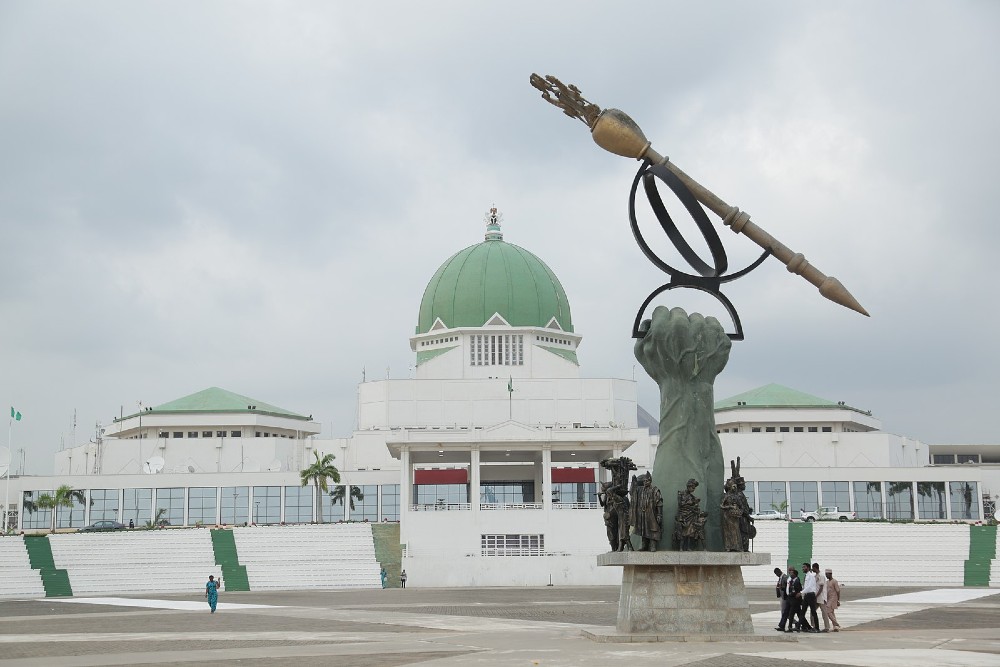An article by IPEN member Temitayo Odeyemi (School of Politics and International Studies, University of Leeds) about legislative public engagement in Nigeria was published in the LSE blog earlier this month.
In the blog post, Temitayo sets out how “Nigerian legislators are often aloof and inaccessible” which creates “an environment where citizens don’t understand what they do”. This, says Odeyemi, leads to people having “unrealistic expectations of them which in turn is damaging trust in the democratic process”.
Temitayo outlines three specific actions for Nigeria’s legislatures to undertake to meet their public engagement challenges:
- Meaningful information dissemination and communication
- Build capacity for public education initiatives
- Listen to the public through consultation and petitions
He then brings this all together by urging the legislatures to move things forward and says:
“A starting point is the need to develop public engagement strategies which build on their respective legislative agenda. These should draw connections between different roles and allocate needful resources to support meaningful ongoing relationships with the public.”
The article ends with Odeyemi stressing the importance of tapping into existing resources, giving examples of legislative public engagement strategies, insights from support networks and the Global Parliamentary Report as useful examples.
You can read Temitayo’s article — Nigerian legislatures need to repair their poor relationship with the people — on the LSE blog (dated 11 October 2023).
The blog post is based on the paper Turning public engagement into standard practice: Institutionalisation in the work of the South African Parliament which was published in The Journal for Legislative Studies on 9 April 2023.
The article can be found here via open access and was featured in the June 2023 edition of the IPEN newsletter.
Image: Nigeria’s National Assembly. Source: Wikimedia Commons.

